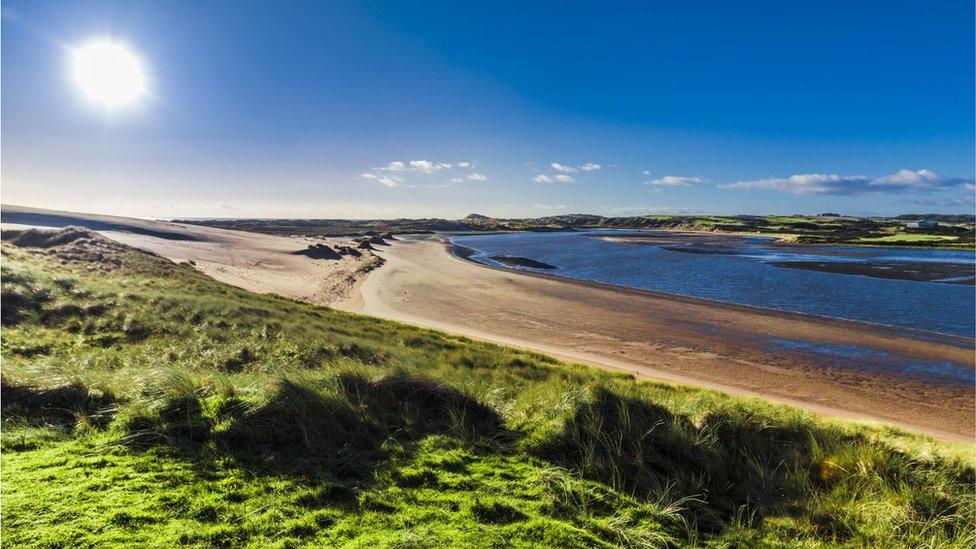Water scarcity: Fife farmers banned from using River Eden
- Published

Farmers have been banned from taking water from the River Eden in Fife after it fell to a "critical" level, the second-lowest ever recorded.
The Scottish Environment Protection Agency (Sepa) said the majority of water abstraction licences would be suspended from midnight on Saturday.
A significant scarcity warning was also issued for the River Tweed in the Borders - where a ban could follow.
The National Farmers Union said it was "devastating" for vegetable growers.
Sepa said the suspensions would be lifted as soon as possible.
David Harley, Sepa's chief officer circular economy, said: "Having to impose suspensions on water abstractions underlines the severity of the conditions being experienced in the east of Scotland this summer.
"It is not a step we take lightly, but the evidence is clear, and it is one we can no longer avoid."
Abstraction is the process of taking water from a river, loch or other natural source.
Sepa said the main stem of the River Eden had only been lower in 1989.
Flows in Kemback in Fife have not been as low for this long since 2003 and Strathmiglo is also experiencing its most prolonged low flow period on record.
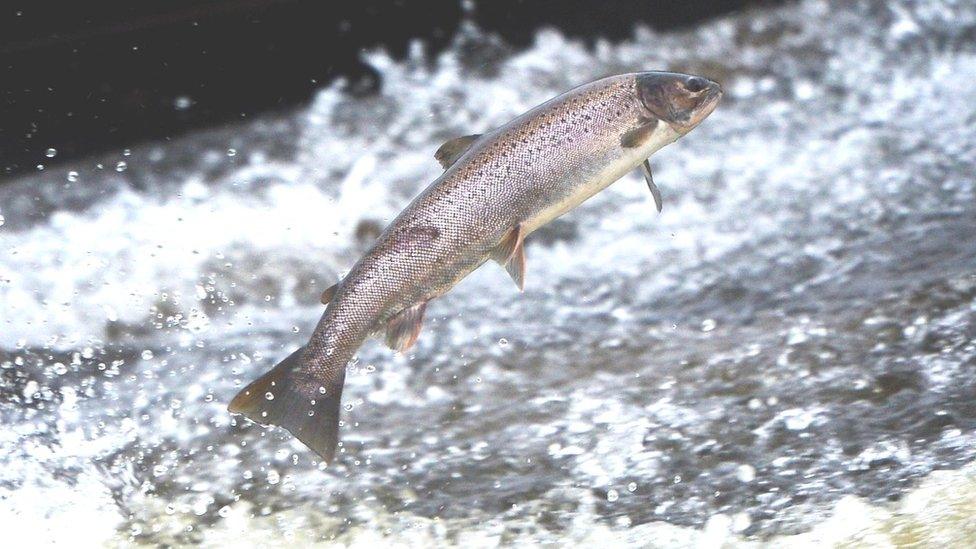
The River Tweed Commission fears current water scarcity plans are not adequate to protect stocks
The environment agency said the combination of low flows and high temperatures endangers fish, plants and other life.
Sepa said it would issue water abstraction suspension notices to farmers and officers would visit premises to ensure compliance.
The move is part of Scotland's national water scarcity plan - designed to protect the environment while allowing human and economic activity to continue during prolonged dry periods.
Last month Sepa warned that water shortages could become more serious and frequent due to climate change.
It said above average rainfall had only been recorded in four of the last 12 months. The east of Scotland also experienced the driest January in more than 80 years.

Scotland's water scarcity plan
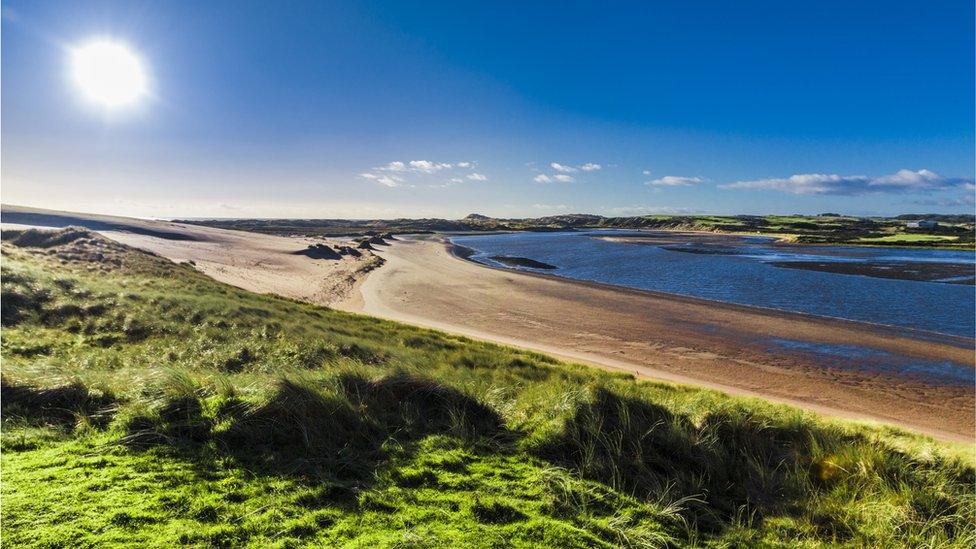
The River Ythan in Aberdeenshire has been affected by water scarcity this year
Scotland's natural water levels are categorised by Sepa into five grades - with necessary advice for businesses at each alert level.
Normal - Water can be taken from sources as usual.
Early warning - Industries should consider how they can use water more efficiently.
Alert - Industries irrigating land should check equipment, not overspray and irrigate at night to avoid evaporation.
Moderate scarcity - Industries should reduce the amount of water they take, stagger use with others nearby or switch to other supplies.
Significant scarcity - Water resources are becoming scarce. Industries should switch supplies or stop taking water altogether.

A Significant Scarcity warning has also been issued in the Borders. Mouthbridge at Blackadder Water dropped to its lowest flow since records began in 1974.
Sepa said farmers were being contacted and any licence suspensions in this area would take effect early next week.
Earlier this week the River Tweed Commission (RTC) warned current water scarcity plans were inadequate to protect its fish stocks.
The National Farmers Union (NFU) Scotland said the decision to suspend licences could lead crop failures, job losses and even put the viability of some farms at risk.
Horticulture committee chair Iain Brown said: "The suspension of licences in North Fife will be a devastating blow for vegetable growers. Without water crops will fail."
Mr Brown asked for irrigation to be permitted for high risk crops such as broccoli, cauliflower and lettuce
He added: "Without water these crops growers will now have complete crop failure, which will cost our members millions of pounds of lost revenue and threaten the viability of their businesses."

Have you been affected by the hot weather and restrictions? Please get in touch by emailing: haveyoursay@bbc.co.uk, external.
Please include a contact number if you are willing to speak to a BBC journalist. You can also get in touch in the following ways:
WhatsApp: +44 7756 165803, external
Tweet: @BBC_HaveYourSay, external
Or fill out the form below
Please read our terms & conditions and privacy policy
If you are reading this page and can't see the form you can email us at HaveYourSay@bbc.co.uk, external. Please include your name, age and location with any submission.

- Published10 August 2022
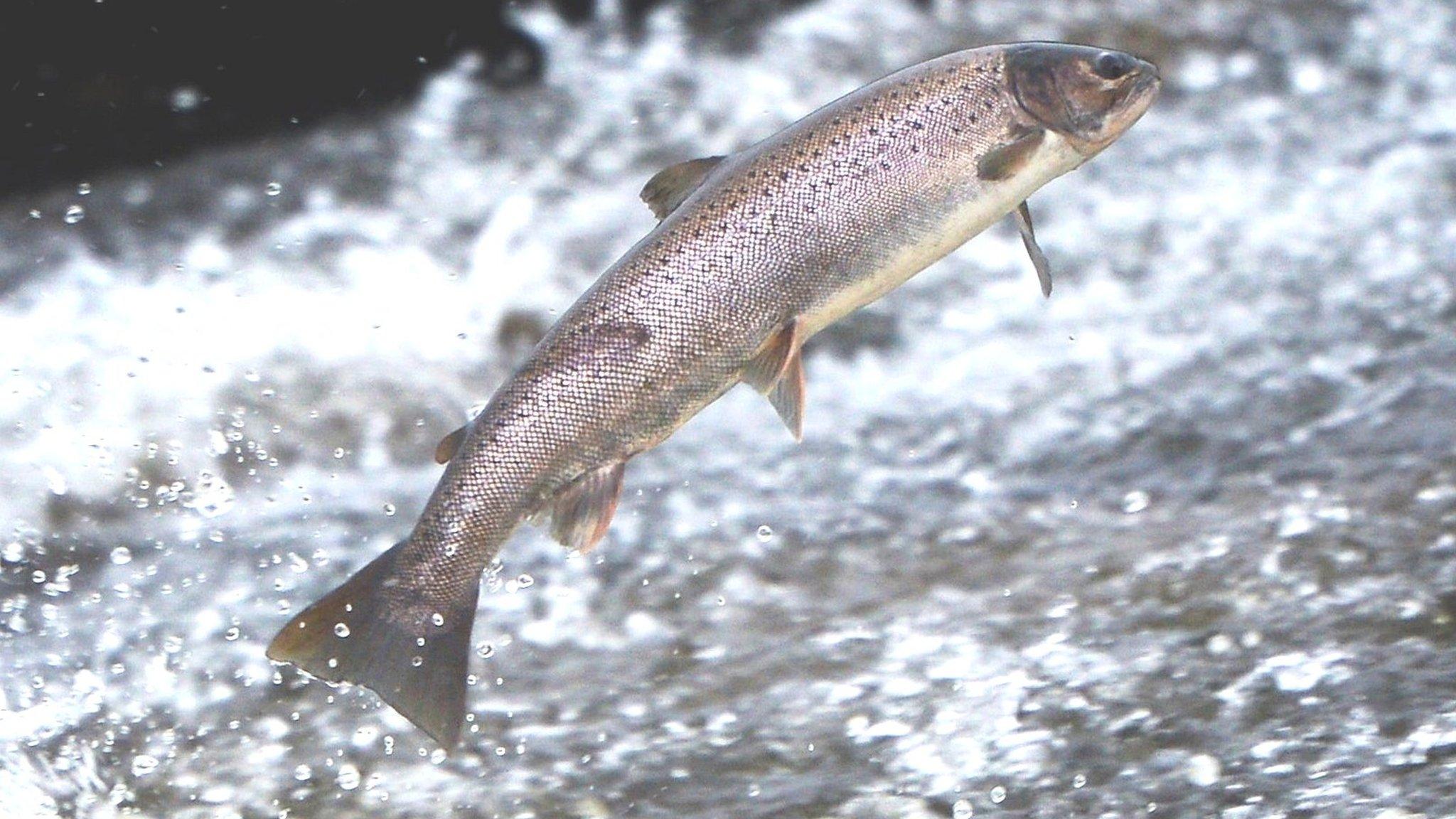
- Published5 August 2022
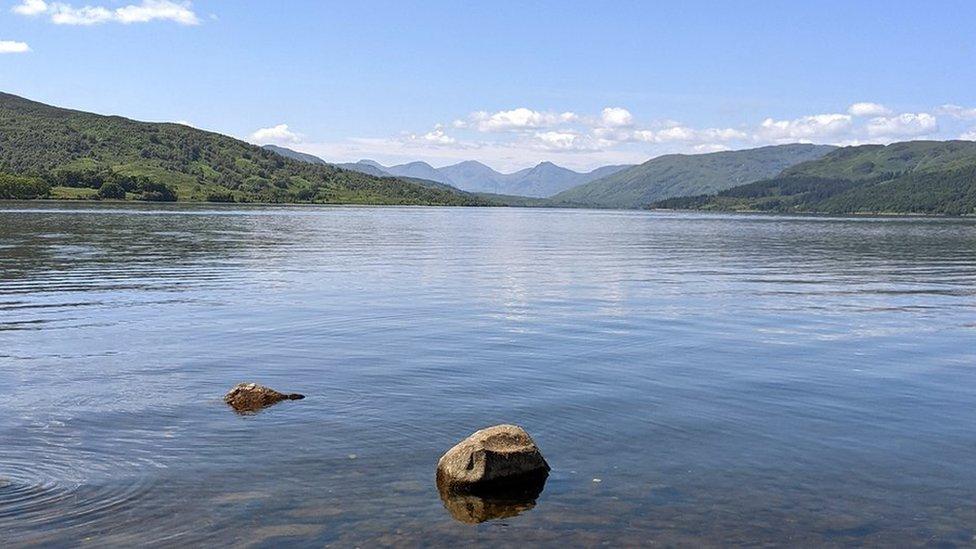
- Published5 August 2022
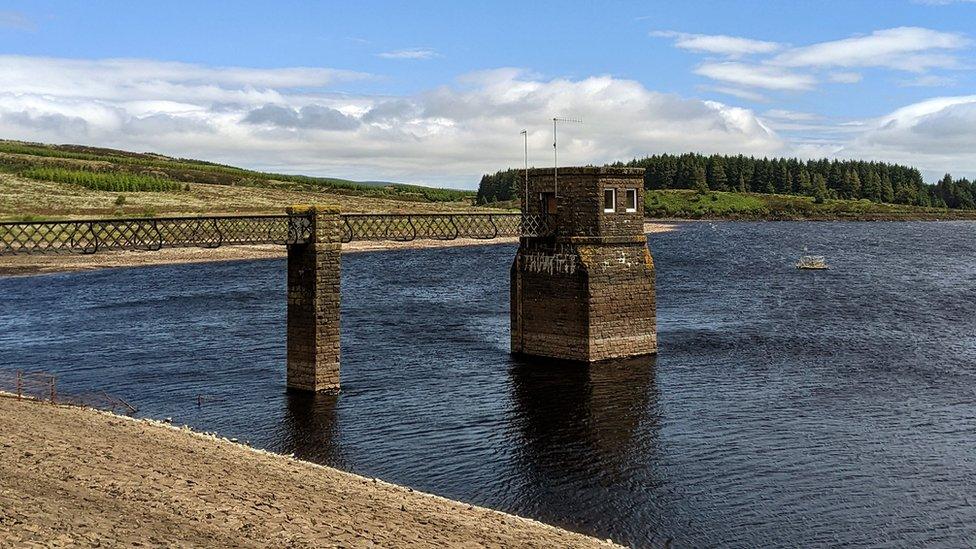
- Published23 July 2022
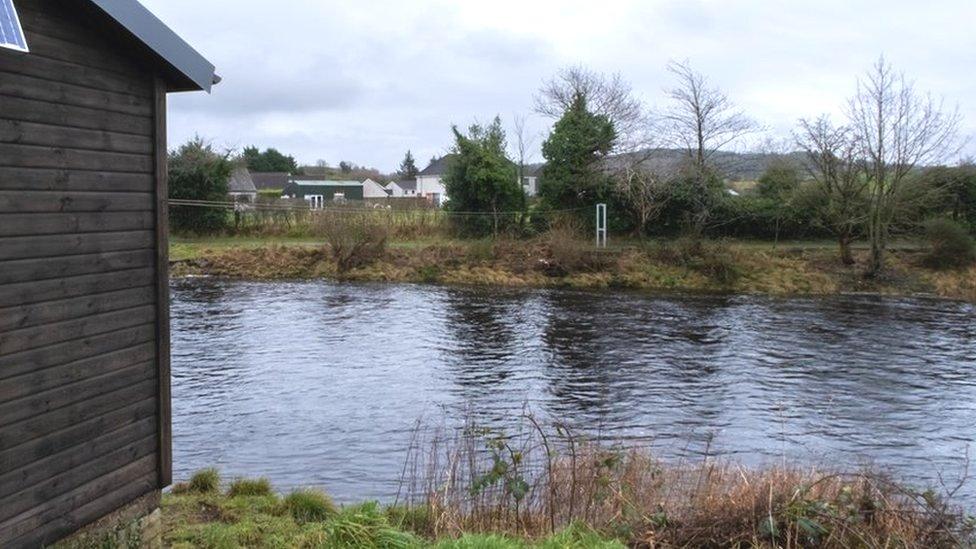
- Published8 July 2022
